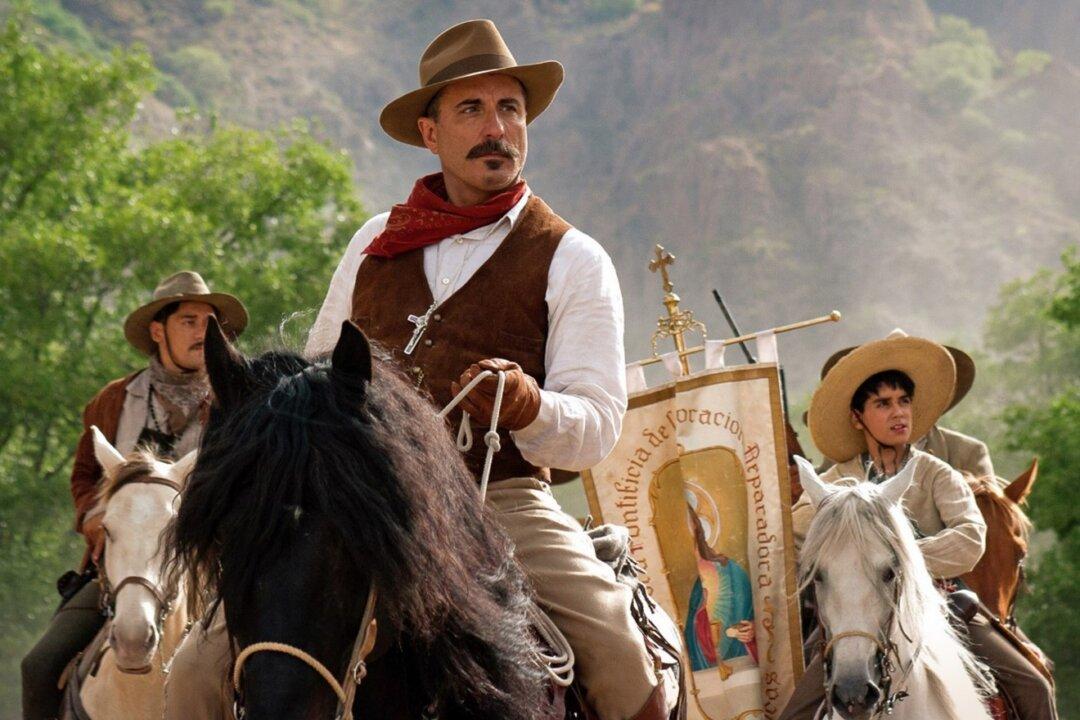R | 2h 25min | Drama, History, War | 20 April 2012
History, as far as it is taught in the public schools of the United States, is a very politically correct subject and often omits or otherwise ignores unpopular or shameful aspects that have happened at different points in time.






